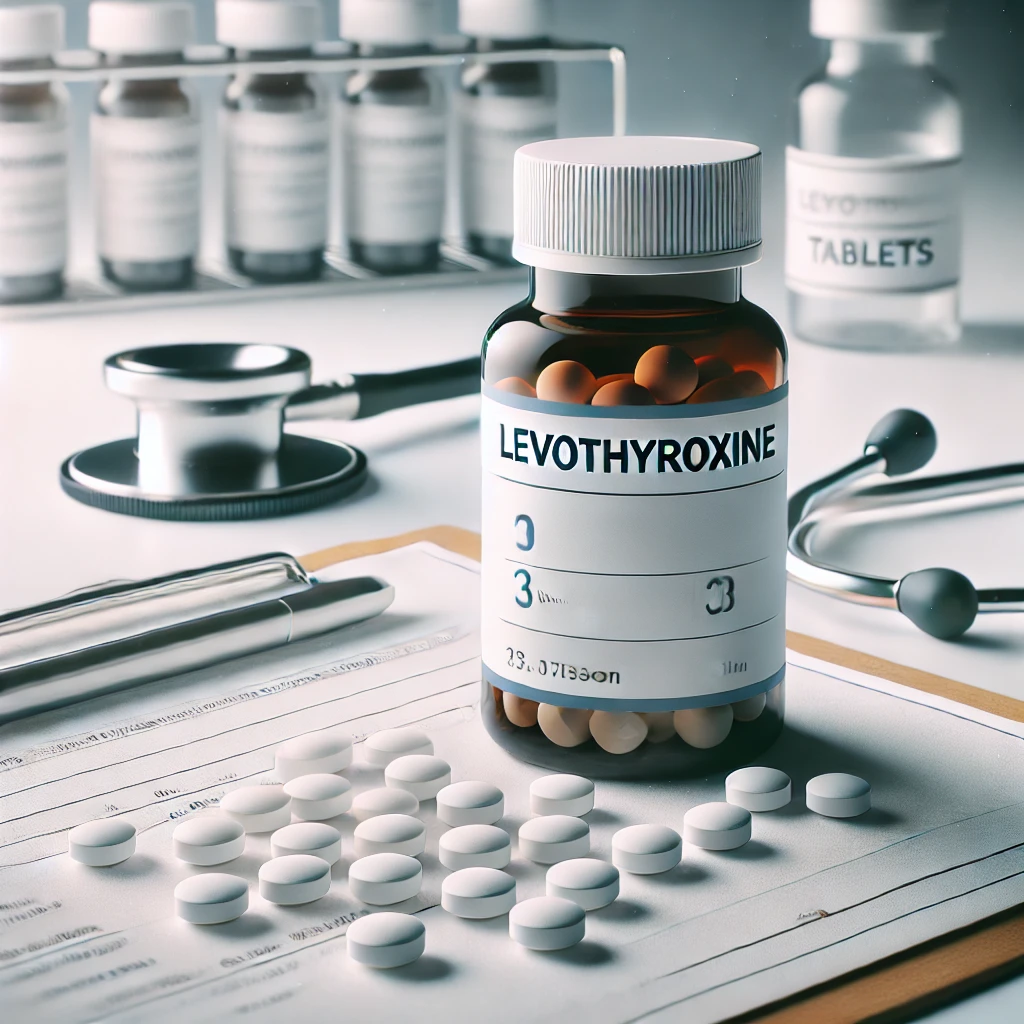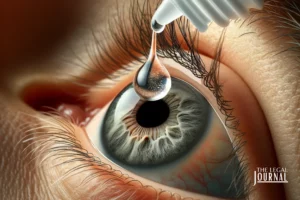Johns Hopkins Study Reveals Potential Dangers of Levothyroxine Use in Older Adults
A six-year study by Johns Hopkins University researchers revealed that levothyroxine (Synthroid), one of America’s five most prescribed medications, may accelerate bone loss in older adults. The findings, set to be presented next week in Chicago, showed increased bone density loss even in patients with normal thyroid levels. The study examined 445 participants with an average age of 73, tracking bone density changes over time.
5 Key Points
- 23 million Americans take levothyroxine daily for thyroid conditions.
- The research tracked 81 medication users against 364 non-users over six years.
- Bone loss occurred even in patients with normal thyroid hormone levels.
- Yale School of Medicine research suggests 90% of users may not need the medication.
- Women face 5-8 times higher risk of thyroid problems compared to men.
Long-Term Study Documents Bone Density Changes
Professor Shadpour Demehri and his team at Johns Hopkins University tracked bone density changes in 445 participants over six years. The research compared 81 patients taking levothyroxine against 364 non-users, all with an average age of 73. Detailed measurements revealed patients taking the medication experienced accelerated loss of total body bone mass and density compared to their peers despite maintaining normal thyroid-stimulating hormone levels of 2.35 milliunits per liter. These findings held true even when researchers controlled for factors like weight, height, and overall health status. “Our study suggests that even when following current guidelines, levothyroxine use appears to be associated with greater bone loss in older adults,” Demehri explained. The team plans to present their complete findings next week at the Radiological Society of North America’s annual meeting in Chicago.
Yale and Johns Hopkins Research Questions Current Prescription Practices
The widespread use of levothyroxine, which ranks among America’s top five most prescribed medications, faces new scrutiny from multiple research institutions. Dr. Elena Ghotbi, lead author and postdoctoral research fellow at Johns Hopkins University, uncovered patterns suggesting systematic overprescription. “Data indicates that a significant proportion of thyroid hormone prescriptions may be given to older adults without hypothyroidism,” she stated. A 2023 Yale School of Medicine investigation strengthened these concerns, determining that approximately 90 percent of current users might not require the medication. Dr. Joe El-Khoury, who led the Yale research, pointed to accumulated evidence of risk: “Study after study has shown that there is greater risk when you overtreat with levothyroxine in patients who may not need it.” The Yale findings prompted a broader examination of prescription protocols across medical institutions.
Scientists Identify Mechanisms Behind Bone Density Loss
Researchers at Imperial College London mapped the complex relationship between thyroid hormones and bone health, revealing how these hormones regulate the replacement of cartilage with new bone tissue. Their work demonstrated that healthy individuals maintain a precise balance between bone tissue loss and regeneration through thyroid hormone regulation. When excess thyroid hormone circulates, this balance shifts toward accelerated bone loss, overwhelming the body’s ability to generate new bone tissue. This process creates particular risks for the 10 million Americans over age 50 who already face osteoporosis challenges. The condition develops as holes inside bones expand, causing outer walls to thin and become dangerously brittle. These weakened bones leave patients vulnerable to serious fractures from even minor falls.
Medical Community Calls for Treatment Protocol Updates
Dr. Jennifer Mammen, study co-author and associate professor of endocrinology at Johns Hopkins, initiated new patient evaluation and monitoring guidelines. Her recommendations include mandatory regular thyroid function testing and comprehensive risk assessment protocols. “A risk-benefit assessment should be conducted, weighing the strength of the indications for treatment against the potential adverse effects of levothyroxine in this population,” Mammen stated. The guidance carries special weight for women, who experience thyroid disorders at rates five to eight times higher than men. The American Thyroid Association confirmed these gender-based risk factors, while noting that untreated thyroid conditions can lead to heart disease and infertility. Medical centers nationwide have begun implementing more rigorous screening procedures before initiating levothyroxine treatment.
FAQ
Q: What is levothyroxine, and what is it used for?
A: Levothyroxine (sold as Synthroid) is a synthetic hormone prescribed to people with thyroid problems. The thyroid gland helps control energy, weight, and hair growth. It ranks among the five most widely used medications in the United States, with 23 million Americans taking it daily.
Q: How does levothyroxine affect bone health?
A: The Johns Hopkins study found that levothyroxine patients experienced greater bone mass and density loss than non-users of similar weight, height, and health. This bone loss occurred even in patients with normal thyroid hormone levels.
Q: Who is most at risk for these bone-related side effects?
A: The study focused on older adults with an average age of 73, who face the highest risk of osteoporosis complications. Women may face additional risk, as they are five to eight times more likely to develop thyroid problems than men.
Q: What should current levothyroxine users do?
A: Dr. Jennifer Mammen from Johns Hopkins recommends that patients discuss their treatment with their healthcare provider and undergo regular thyroid function tests. A risk-benefit assessment should evaluate whether continued treatment outweighs potential adverse effects.
Q: Why might some patients be taking levothyroxine unnecessarily?
A: According to 2023 Yale School of Medicine research, approximately 90% of people taking levothyroxine may not need it. Dr. Ghotbi’s research indicates that many older adults receive thyroid hormone prescriptions without having hypothyroidism, suggesting potential overprescription.
Q: What are the consequences of untreated osteoporosis?
A: Osteoporosis causes bones to become brittle and easily breakable. Even minor falls can lead to major bone breaks, including hip fractures. Yale School of Medicine reports that hip fractures can result in loss of mobility and independence and have been linked to earlier death.
Citations
Maiya Focht & Emily Stearn (November 25, 2024). Warning as one of America’s most commonly prescribed drugs may cause debilitating bone disease osteoporosis. Daily Mail. https://www.dailymail.co.uk/health/article-14123319/warning-america-drug-cause-bone-disease-osteoporosis.html







